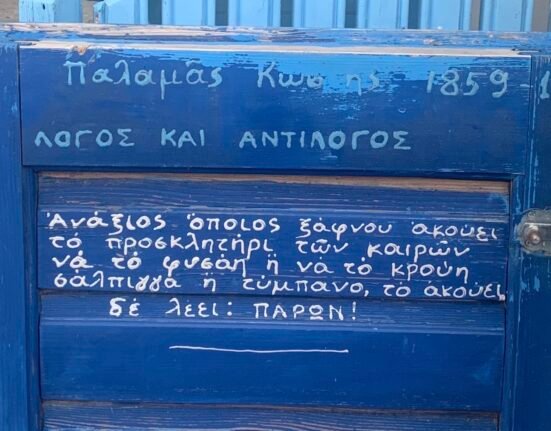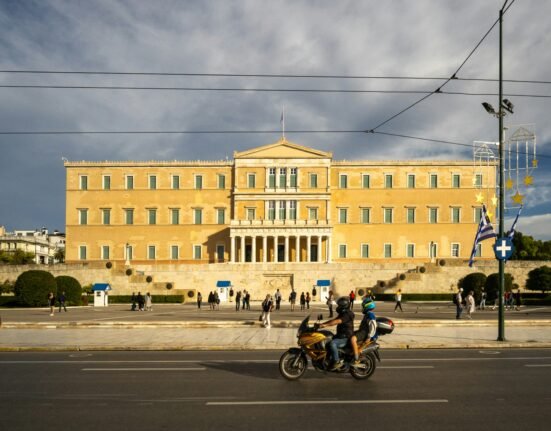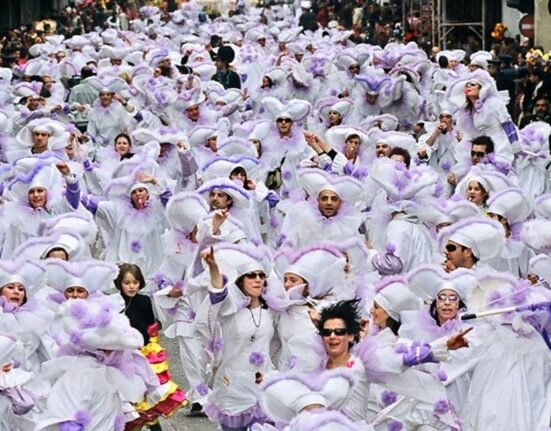Have you ever pondered why we refer to ourselves as “Έλληνας” (Ellinas) in Greece, but are commonly recognized as “Greek” abroad? The origins of these terms and their historical significance shed light on the diverse ways in which Greece and its people are identified internationally.
The term “Greece” traces back to antiquity, with mentions of the Graes and Hellanes as early Greek peoples. The term “Graikos” also has ancient origins, intertwined with heroes and mythological figures in Greek lore. Historian Priscus (5th century AD) encountered a Greek-speaking merchant in the northern Balkans who proudly declared himself “of Greek descent,” underscoring the enduring legacy of the Greek identity.
In Homer’s writings, the term Panhellenes symbolizes a shared origin among the ancient Greek peoples. The Parian Chronicle notes that the Greeks were initially known as Graikoi before adopting the name Ellines, reflecting the intricate tapestry of Greek history and culture.
Mr. Christoforos Charalambakis, Emeritus Professor of Linguistics at the National and Kapodistrian University of Athens, in an interview for https://hellas-now.com elucidates that both “Greece” and “Hellas” have ancient and legitimate roots. The Latin term Graecus, stemming from the Greek Graikos, is widely used in European languages to refer to the Greeks.
In ancient Greek mythology, Graikos was a hero, son of Pandora and Zeus. The word’s etymology remains unknown, yet it conveys connotations of “old,” “ancient,” or “ancient.” References to Graikos and early Greek peoples in ancient texts enrich the complex tapestry of Greek identity.
While some may favor traditional Greek names like Graikoi or Ellines, the international use of “Greek” prevails in global discourse. This choice of terminology reflects the ongoing interplay between tradition and modernity, heritage and globalization, shaping the Greek identity in a global context.
As we navigate the intricacies of language and identity, let us celebrate the diverse perspectives that unite us as global citizens residing in the vibrant mosaic of Greece. By embracing our heritage while engaging with the global community, we embody the unity and diversity that define the essence of being Greek.
So, the next time you encounter the term “Greece,” remember the ancient origins and contemporary complexities that shape our national and cultural identity. Whether we are referred to as Ellines, Graikoi, or Greeks, our shared history and culture continue to inspire and connect us across borders and generations, reflecting the enduring legacy of Greek civilization.








